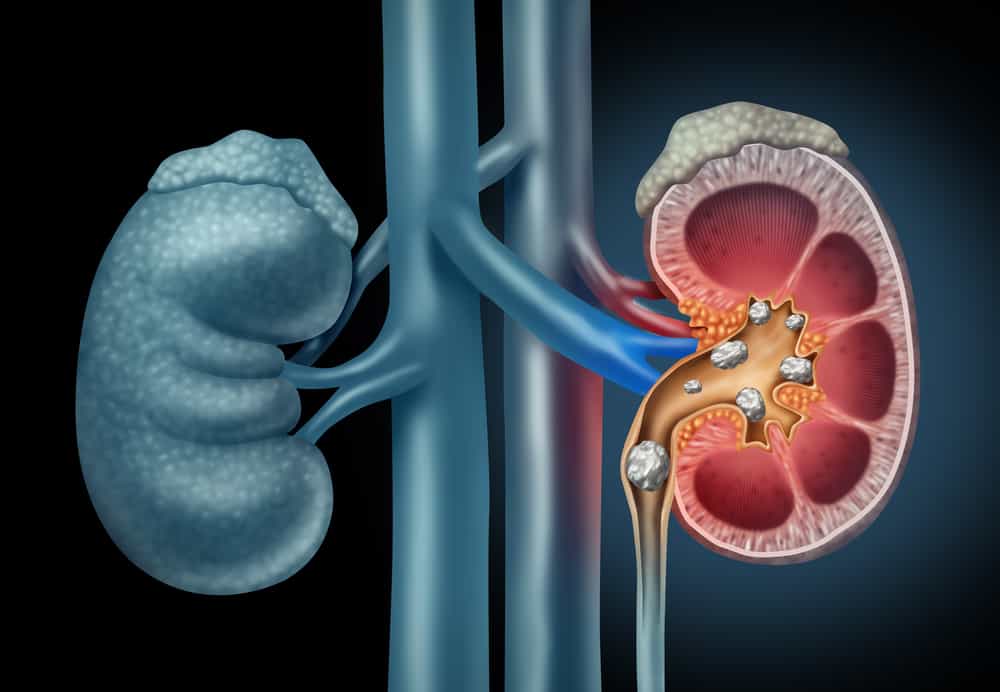10. Kidney Stones

The formation of kidney stones is a potential complication of gout, resulting from high levels of uric acid in the bloodstream. Uric acid can crystallize not only in the joints but also in the kidneys, leading to the development of stones. These stones can cause significant pain, urinary issues, and even lead to kidney damage if not properly managed. The risk of kidney stones increases with the duration and severity of untreated gout, emphasizing the importance of controlling uric acid levels.
To prevent the formation of kidney stones, it’s crucial to maintain adequate hydration, as water helps dilute uric acid levels in the blood and promotes its excretion through urine. Dietary adjustments, such as reducing intake of purine-rich foods and limiting alcohol consumption, are also beneficial. In some cases, medications that lower uric acid levels may be prescribed to reduce the risk of both gout attacks and kidney stones. Regular monitoring and management of uric acid levels can significantly decrease the likelihood of developing kidney stones and protect kidney health.
